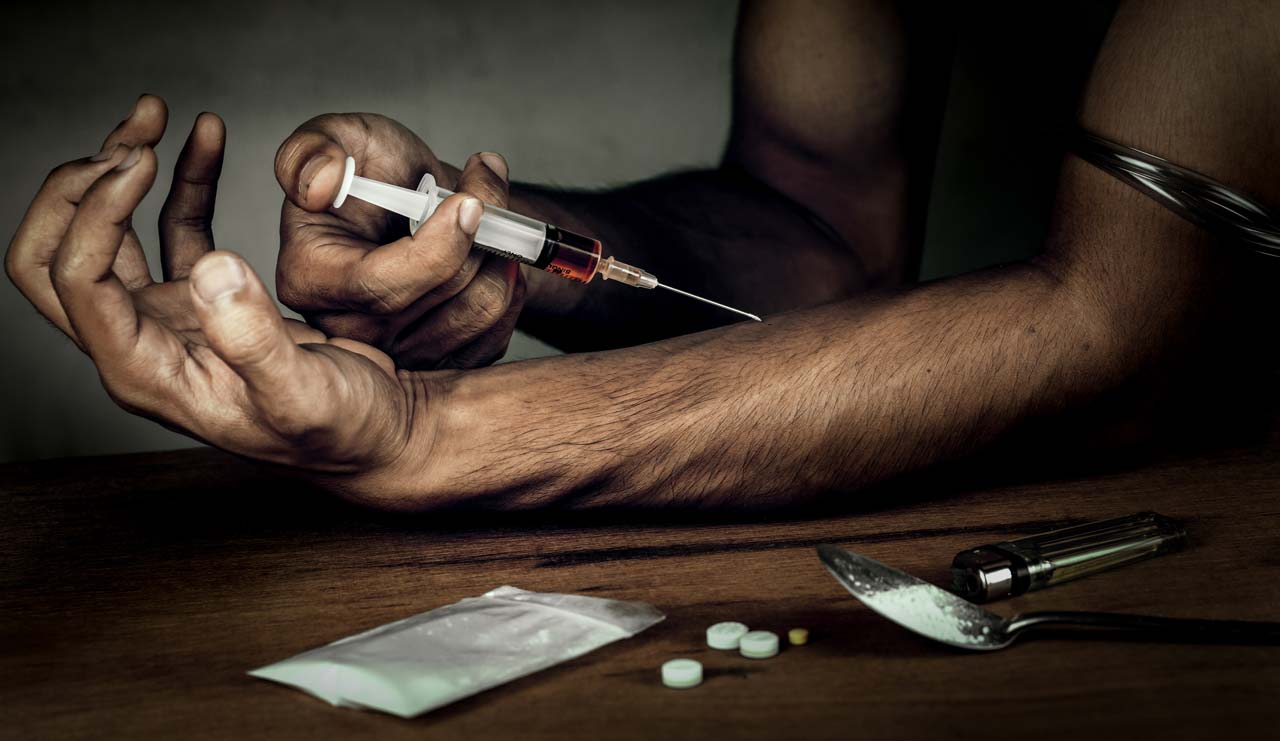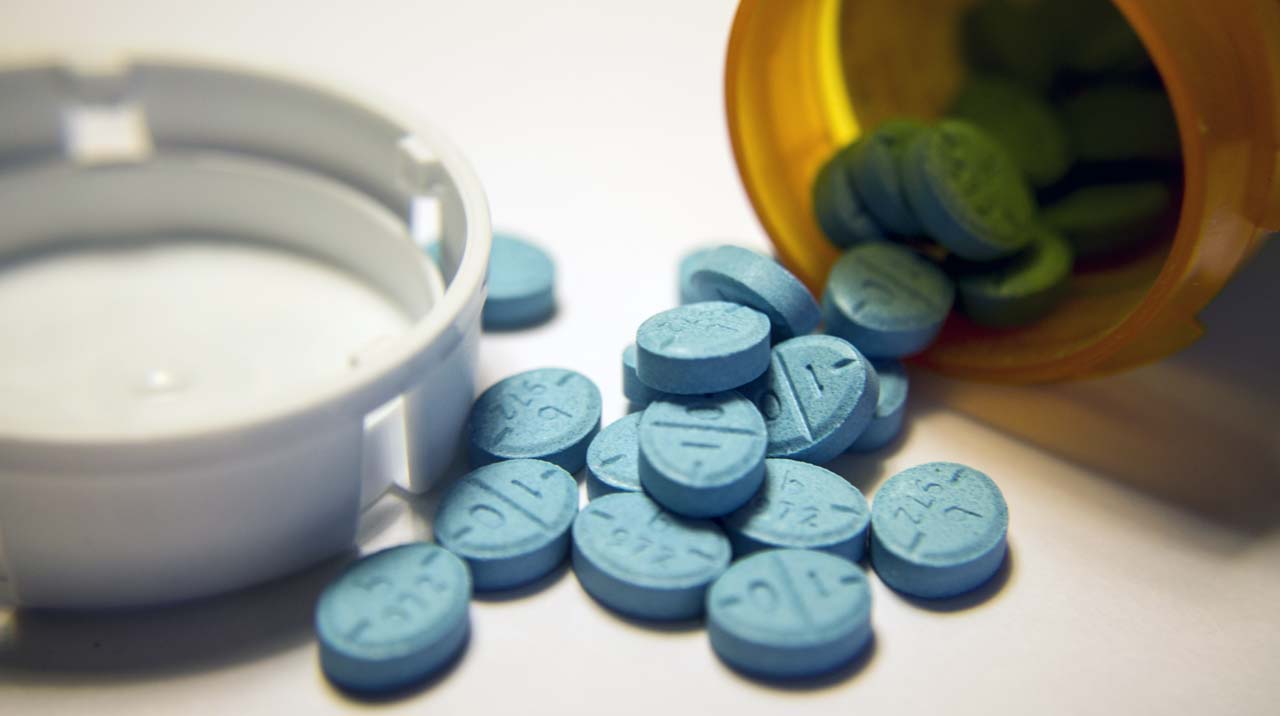Co-dependency Can Be A Killer
I only ever had a couple of relationships when I was sober. One was my first girlfriend in high school. The second is my current relationship. The span in between was relationship after relationship founded on alcohol or other drugs. As you probably know, you are not making the same decisions while under the influence that you would be if you were sober.
For me, that meant dating a lot of people that I had nothing in common with except for booze. Spotting signs of addiction in a loved one is hard if you yourself are an addict. It’s hard to know how to avoid enabling an addiction when you are also being enabled. This is how codependency works, and it can be a killer. It can kill your relationship and potentially kill you.
Binge Drinking and Toxic Relationships
I was often sober during the week. I was the kind of drunk you’d label the “weekend warrior”. A large part of it was that I didn’t like the person I was with. Most importantly, it’s important to like yourself. I didn’t like myself for a long time.
It’s important to realize whatever mistakes you think you have made; people are really just there to teach us lessons about ourselves. My second marriage was a textbook example of good cop, bad cop.
I was with a wonderful person who did everything they could to help me, but it didn’t work because I didn’t want to help myself at the time. The effects of addiction on relationships depend on where you both are. It is hard to be in a relationship no matter what issues exist. If one person is an addict and the other is not, there are very unique circumstances.
Moving on From Codependent Relationships
She did all she could do with me before she needed to do what was best for herself, which was to leave. The next relationship I was in was with another addict like myself. I actually felt good about this at the time. Finally, someone, I can abuse drugs and alcohol with! It’s crazy to think of how warped my mind was. Codependent relationships and addiction go hand in hand.
Steps to Take with an Addicted Spouse

There are certain steps to take with an addicted spouse. An intervention is the best way to go. If the intervention fails, then you’ve done pretty much all you can do. If you have addressed your concerns and there is still resistance, how much more can you repeat yourself?
You have to consider leaving an addicted spouse if there aren’t any other options. Talking treatment with your spouse can only go on for so long before they actually seek treatment. Otherwise, you’re just going in circles.
If there are children involved, which there were in my case, it makes things so much trickier. My new spouse had children, and it was hard for them to not be affected by our behavior. Modeling positive behavior for children is not going to come from two addicts.
They will grow up thinking addictive behavior is normal and it will most likely lead them to engage in it themselves. She ended up losing custody of her kids for a while after a drunk driving arrest, which was probably the best-case scenario for all involved. It didn’t seem like it at the time, but with a clearer head, I now know it was for the best.
Taking Care of Yourself in Recovery
My new spouse and I had tried couples addiction treatment centers, but our addictions were far too much for us to overcome together. A clean break is what was needed for us both to succeed. We ended up leaving each other and going on our own paths. I entered Best Rehabs In Arizona and got my addiction under control. I am not sure what happened to her after that. I can only hope she put all her effort into recovery and getting her kids back. I don’t know what happened, but ultimately I am only responsible for myself.
Self-care in an addict relationship doesn’t come up much. You aren’t focused on yourself. At least I wasn’t. I only tried to make my spouse happy, which was only ever achieved by supplying her with more drugs. It was beginning to feel exhausting. I would never find someone real until I started to find myself. The time I wasted worrying about someone else’s happiness robbed me of my own. It’s important to make your significant other happy, but not at the expense of your own well-being. And definitely not if your definition of happy is staying addicted to drugs or alcohol.
Prioritizing Recovery in all Relationships
Things didn’t begin to change for me overnight. It took time. It took practice. The last two people I dated before I met my current partner were stepping stones. One was a realization that I didn’t want to date people who did drugs anymore. This person did.
I broke up with them. It felt good. It was the first time my thinking was about myself rather than the other person. Then, I met another person. We lived in different parts of the country at first and had a long-distance relationship.
Eventually, I moved to be closer to them. It seemed like the right move at first, but my old habits ended that hope. I had been sober for a while before relapsing, and it took a while for me to go back to my old ways. I started drinking socially at first, but that slowly changed and I got right back to my old ways.
The stress of a new relationship can do that and you have to be very careful. Even though this new person I was with didn’t drink, it didn’t matter. I just needed something to take the edge off and relax. It was a huge mistake. It took me such a long time to realize that a good relationship is based on a positive attitude. So many of the couples you see out there have a cloud of negativity around them. They argue all the time. They aren’t fulfilled. They are just going through the motions. I didn’t want to do that anymore.
Changing Destructive Behavior Patterns
After this new person broke up with me because of my drinking, I decided that I need more of a change to avoid the same patterns. I decided to get sober. Support and healthy boundaries for recovery are what I needed most. I needed to stop worrying about finding the right person and become a better version of myself first.
Marriage and family therapist resources may help some people, but I was determined to not go back to that pattern. I needed to be alone for a while to fix myself so that I didn’t need to go right back to couples therapy when I began a new relationship. This was a huge thing for me to realize.
some people, but I was determined to not go back to that pattern. I needed to be alone for a while to fix myself so that I didn’t need to go right back to couples therapy when I began a new relationship. This was a huge thing for me to realize.
I started to put time into hobbies. I put time into taking care of my body by exercising. I read all of the time. I learned guitar. I went on hikes and felt nature healing me. I decided to stay. It was only six months until I met my current partner. We met through an event. We began a sober relationship.
We hung out and got to know one another. We had a lot in common. I learned after months of dating that I really enjoyed being around this person. It didn’t happen overnight. But because I was sober, I was able to enjoy the process at my own pace and move forward as I felt. We are still together, and things couldn’t be more positive.
Healthy Sober Relationships Can Happen
Dating sober is more about finding yourself than anything. No matter who comes into your life, if you are sober you will have a better chance at attracting the person you deserve. A person who will honor you for who you are, rather than who you pretend to be while chugging a beer or doing a shot.
I used to need these things to feel content in my relationship. I can’t imagine having another codependent, addiction-based relationship.
It’s not that you won’t have bad dates, you will just understand that they are a part of life. A passing moment like every other moment. It will all be worth it to know yourself. To love yourself. There is no more important love than the love you have for yourself, no partner can fulfill that.
I was sober for a long time before I even thought about dating again. I knew that in my early days of sobriety, a new relationship was too much to maintain. Maintaining my progress through recovery was the only thing that mattered.
Long Term Recovery through Self-Love
I didn’t want to deal with denial and interventions. I didn’t want to be involved in more sober spousal support groups. I wanted a relationship to be based on love and love only. I wanted to be at my best mentally. It took a long time to get there, which is what makes this new relationship so rewarding. I never thought I could achieve what I have. Anyone can do it if I could. We are all looking for love and attention in some way. Applying self-love to your life will get you off to a good start.



















